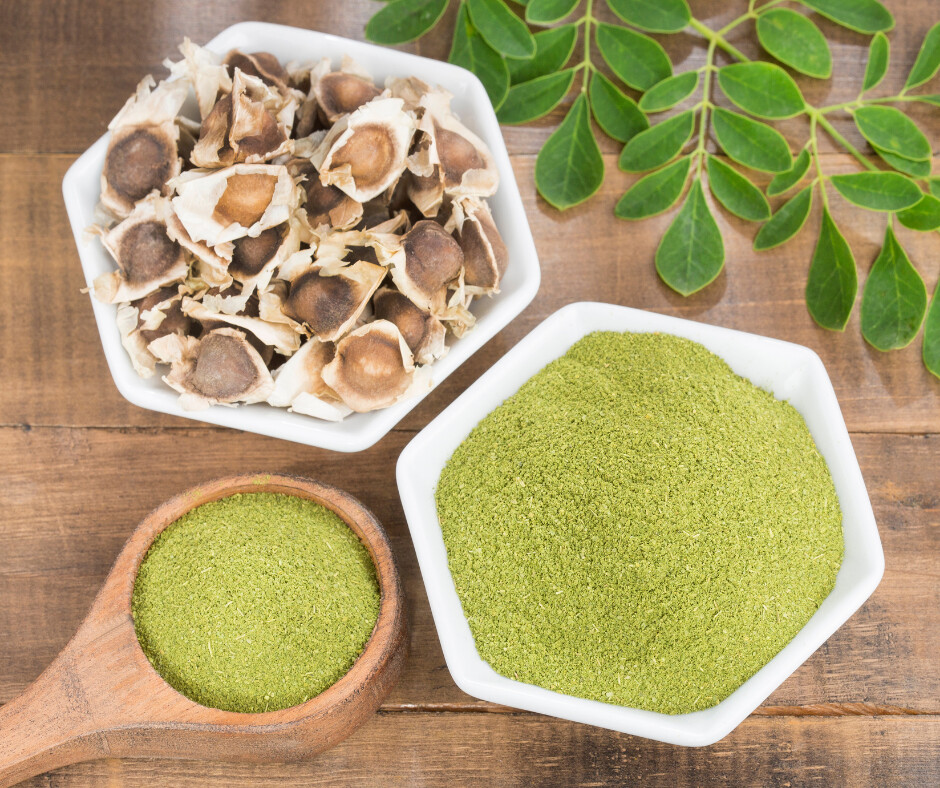
Moringa comes from a plant known as the "Miracle Tree" or "Tree of Life" that is native to Africa or Asia. It also goes by the name horseradish or drumstick tree. It is considered a nutrient dense super food and is loaded with antioxidants and provides many health benefits. The tree isn't grown in the United States or Europe because it is a drought tolerant tropical plant. So the most common way to consume it in non-tropical environments is as moringa leaf powder, as a supplement or tea. The tree and shrub is in the brassica family which means it is related to collard, kale and broccoli. Different parts of the plant have been used medicinally since Egyptian times. Here are some of the benefits of the mighty moringa plant.
Eco-Friendly
Rural communities where moringa is grown, use crushed moringa seeds to purify water. The seeds act as a coagulant and can remove dirt from river or lake water. It has even been used to remove dyes from industrial water. Moringa plants absorbs more carbon from the air than other similar plants. It can grow in poor soils and the roots of the plant actually help replenish nutrient depleted soils. Small farmers can successfully grow moringa on land that would be difficult to grow anything else. Every part of the plant can be used for food, health and nutrition.
Brain Health
It is well known that consuming foods high in anti-oxidants can help support brain health. And moringa is no exception. It addition to being able to protect against oxidative stress, moringa has been studied for it's ability to stimulate the development of neurons in the brain and reduce the amount of neurodegeneration.
Blood Sugar Support
Preliminary studies on animals suggest that different forms of moringa extract can help normalize blood sugar levels. High blood sugar levels can lead to inflammation. Foods high in anti-oxidants are know to help reduce inflammation. So moringa may be able to reduce the inflammation caused by high blood sugar levels.
Nutrition
Moringa leaves are full of vitamins, essential minerals, and phytocompounds that are powerful anti-oxidants. It’s leaves alone reportedly have 92 nutrients, 46 antioxidants, 18 amino acids, and 36 anti-inflammatory compounds. It is rich in vitamin C and contains more potassium than bananas. When it comes to beta-carotene, you may think of carrots as a good source. But moringa contains 10 times more beta-carotene than carrots. It contains more iron and calcium than spinach. And it is rich in fiber which is critical for your gut health.
Nourishes Skin and Hair
The Egyptians used the oil that is derived from the moringa seeds in skin ointments. It's benefits for skin and hair these days, are well known by product manufacturers that include it their formulations. The best oil is cold-pressed. It contain vitamin E which has anti-inflammatory properties and supports overall skin health. The high omega content of the oil makes it an excellent moisturizer. Moringa oil is also thought to have antibacterial and antimicrobial properties. These properties can help prevent dirt and bacteria from getting clogged in your skin's pores. When applied topically to the hair, moringa oil softens, shines, and repairs split ends.
Did this help you? If so, I'd greatly appreciate it if you commented and/or share it on social media.

Email: sharonledwards@hotmail.com
Facebook: https://www.facebook.com/sharonledwardsbiz/


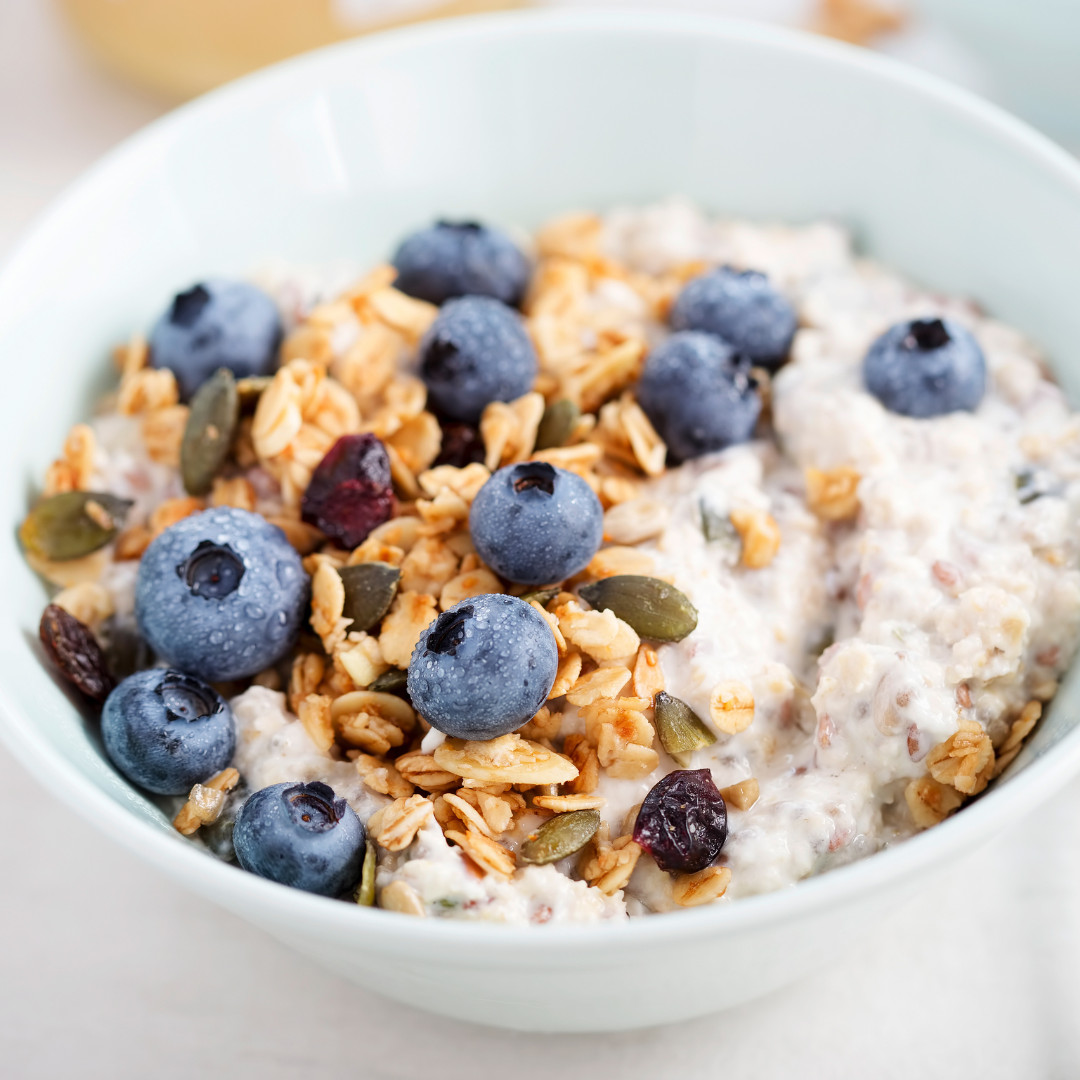
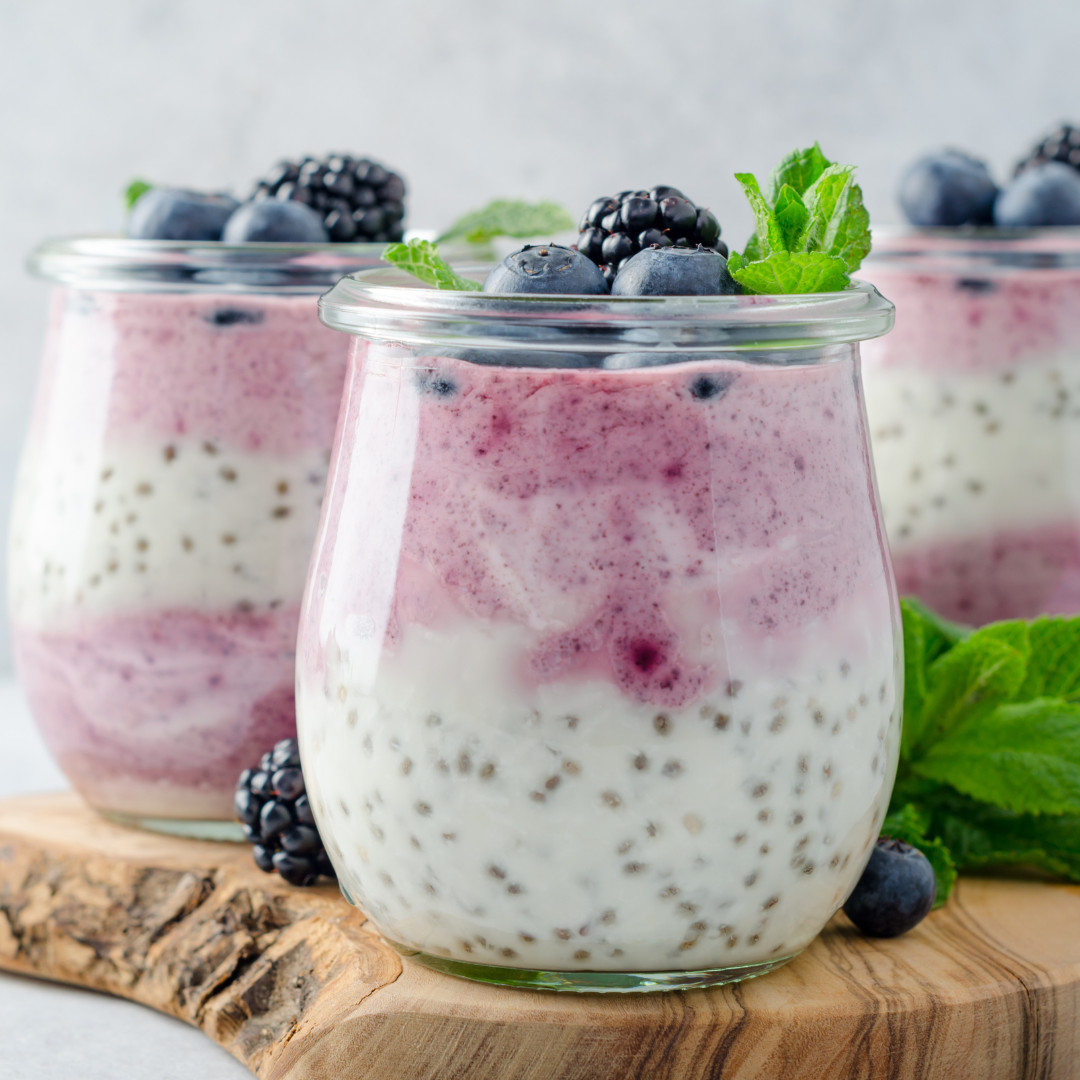


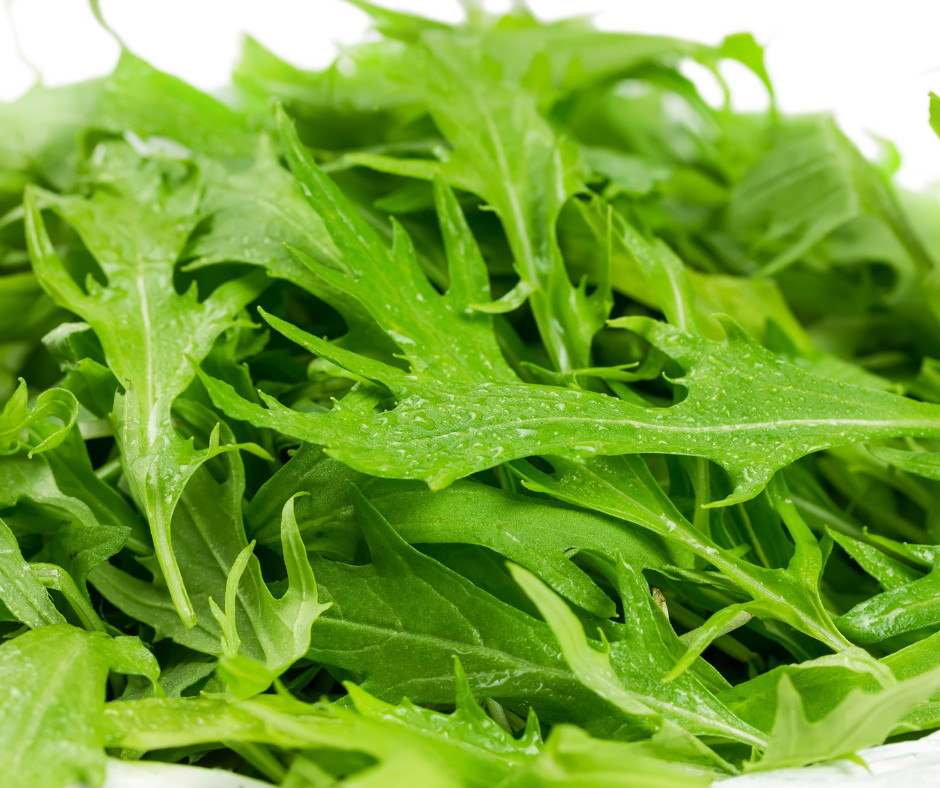
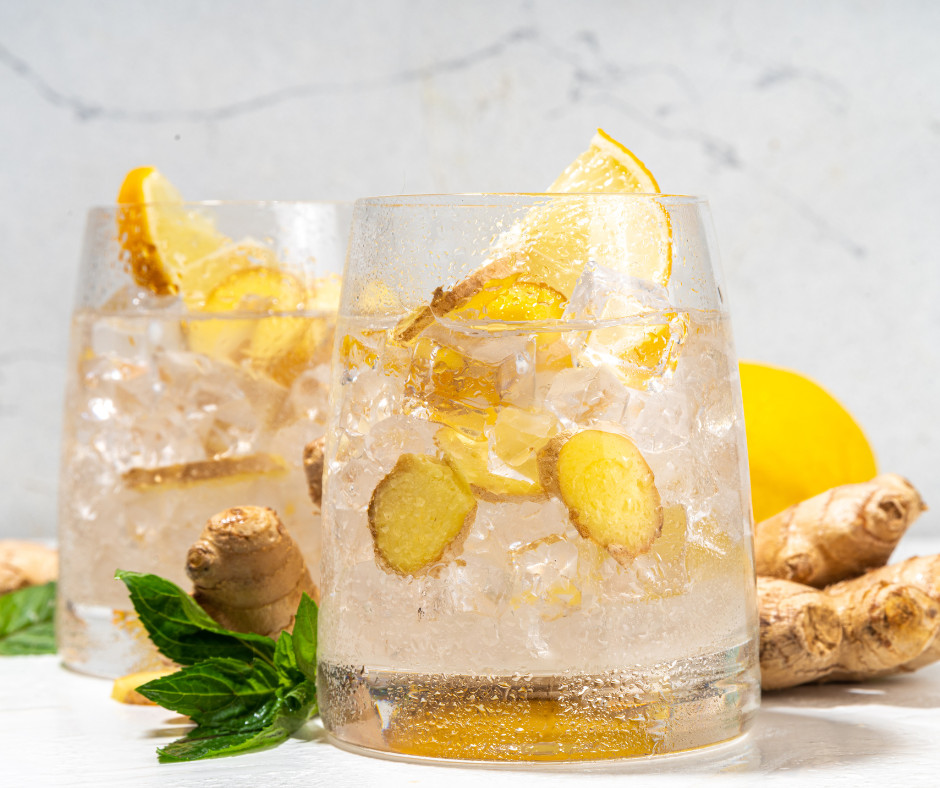
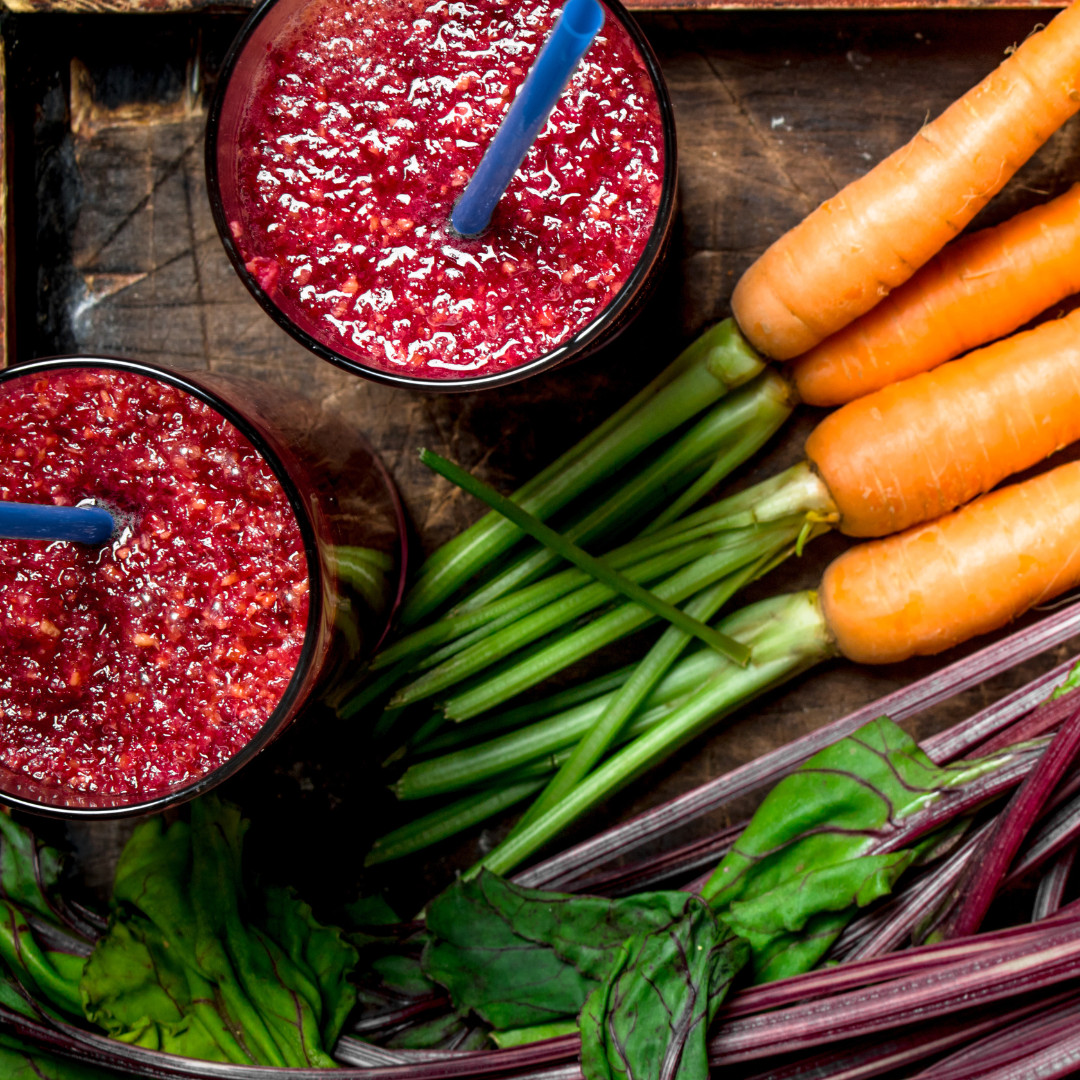
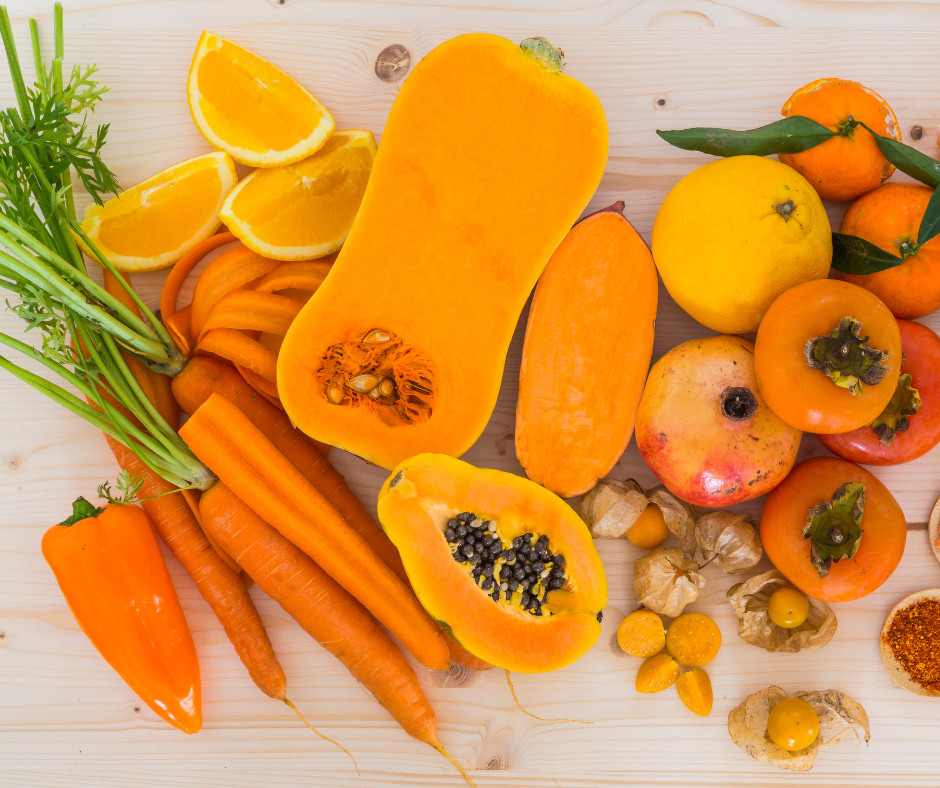
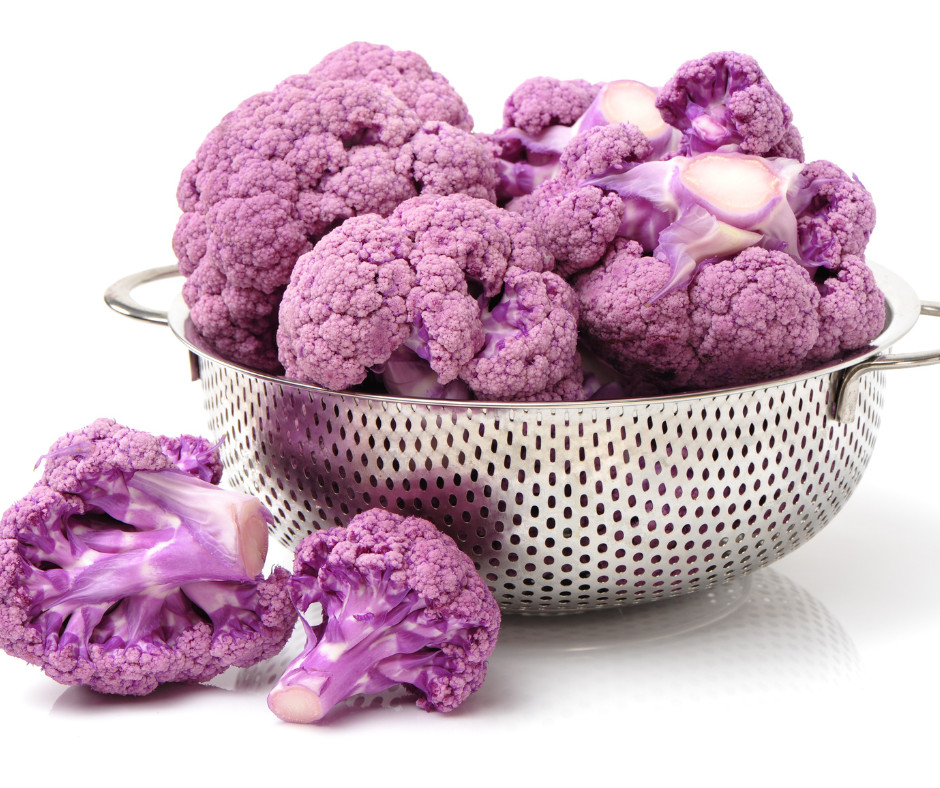
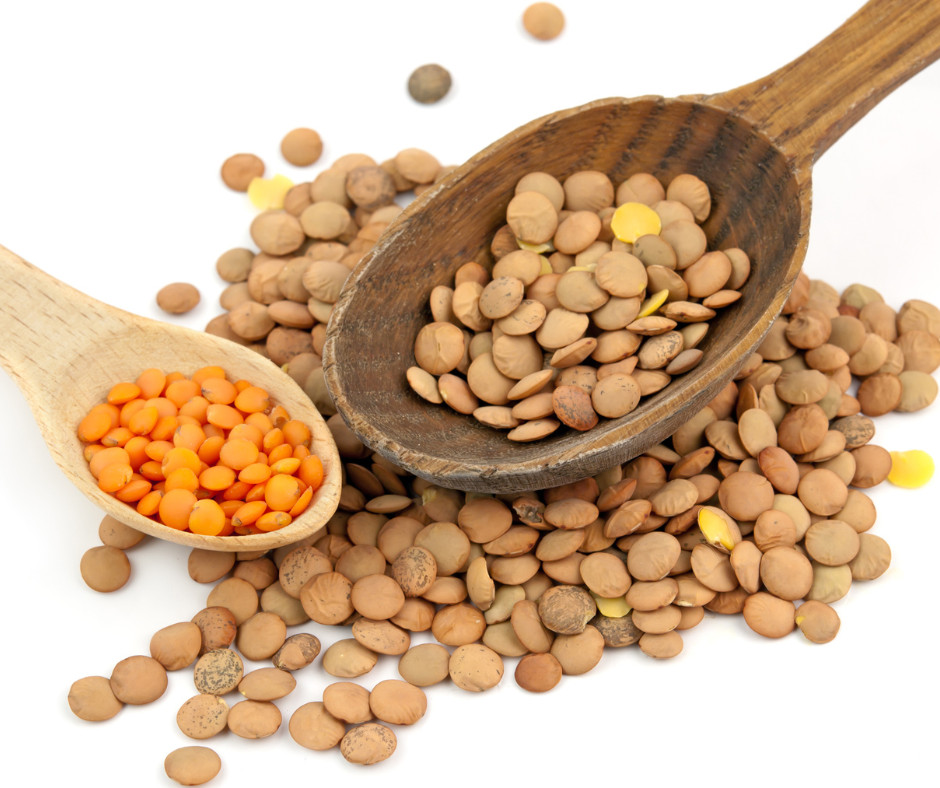
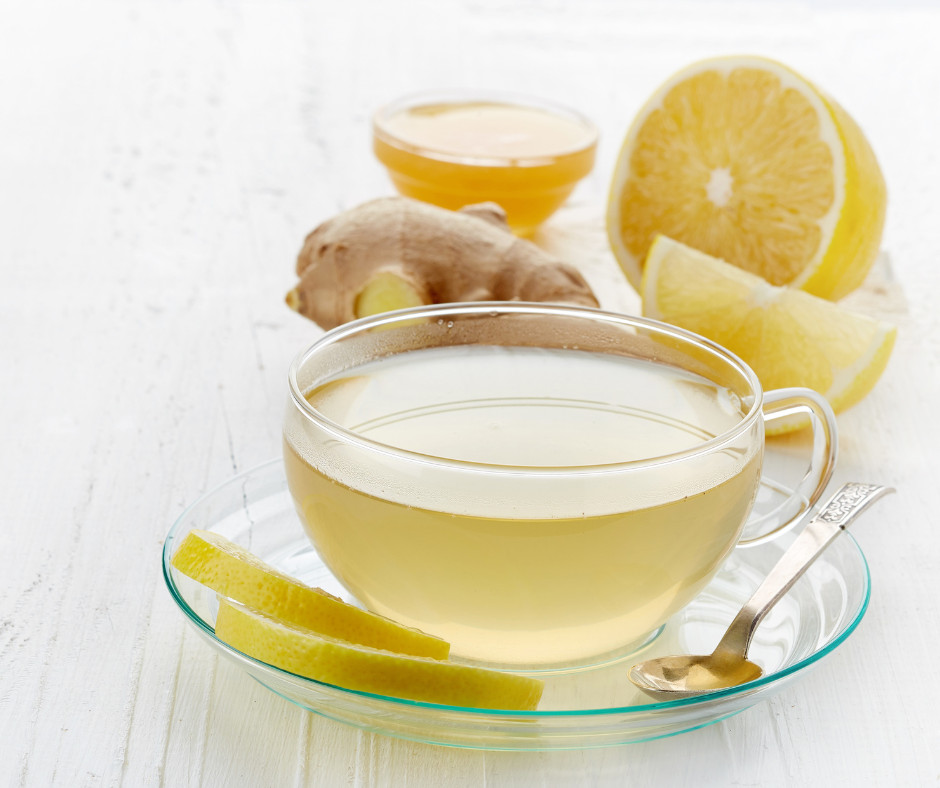





0 Comments